Nigeria’s power generation has risen to 5,313 Mega Watts (MW), first time in three years, says the Minister of Power, Bayo Adelabu.
The minister disclosed this while speaking at an event in Beijing, China on the eve of the opening ceremony of the African-China Co-operation Summit on Tuesday.
Join our WhatsApp ChannelChallenges in Nigeria’s power sector, including inadequate infrastructure across the sub-sectors (generation, transmission, and distribution), gas supply constraints, and vandalisation have forced the country’s electricity output to remain low for years, hovering between 3,500 and 4,500MW. This is as the country witnesses frequent power grid collapse, often throwing a substantial part of the country into blackout.
“The national grid on Monday hit a record high of 5,313MW, a record high in the last three years,” a statement released by the media aide to the power minister, Bolaji Tunji, revealed.
According to the statement, the minister called on electricity distribution companies (DisCos) to take more energy and distribute to prevent grid collapse.
He attributed the frequent collapse of the national grid to failure of DisCos to pick up energy when generated.
READ ALSO: Nigerian Govt Set To Invest $800m In Power Sector, Targets 6,000 Megawatts
He added that efforts would be made to encourage industries to purchase bulk energy.
The statement also said the Nigerian government has signed two Memorandum of Understanding (MoU) with a Chinese company, Mutual Commitment Company Limited, to assemble electric tricycles and establish a renewable energy training centre.
The MoU was facilitated by the Rural Electrification Agency (REA), an agency of the Federal Ministry of Power.
Highlighting the importance of the MoU, Adelabu said it will aid in achieving Nigeria’s vision for the renewable energy segment of the electricity sector value chain.
He explained that in the quest for expansion of access to energy, they have decided to move away from centralisation and adopt the distributed power model to ensure that every Nigerian has access to energy.
He said almost 40 per cent of Nigeria’s population lacks access to energy with its attendant consequences on development and business growth.
“A lot of our population resides in rural areas, a lot of our educational and tertiary health institutions are isolated and they are still facing epileptic power supply.
“We have also found out that the adoption of the distributed energy model will expand the energy net for our rural dwellers, the rural businesses, our universities and tertiary health institutions. This is why the focus is on renewable energy which we believe is scalable and can exist in isolation of the national grid that is currently facing lots of pressure,” Adelabu stated.
He emphasised that while pursuing the expansion of energy access, they are looking at both long-term and medium-term targets to achieve transition to cleaner sources of sustainable energy.
Victor Ezeja is a passionate journalist with seven years of experience writing on economy, politics and energy. He holds a Master's degree in Mass Communication.

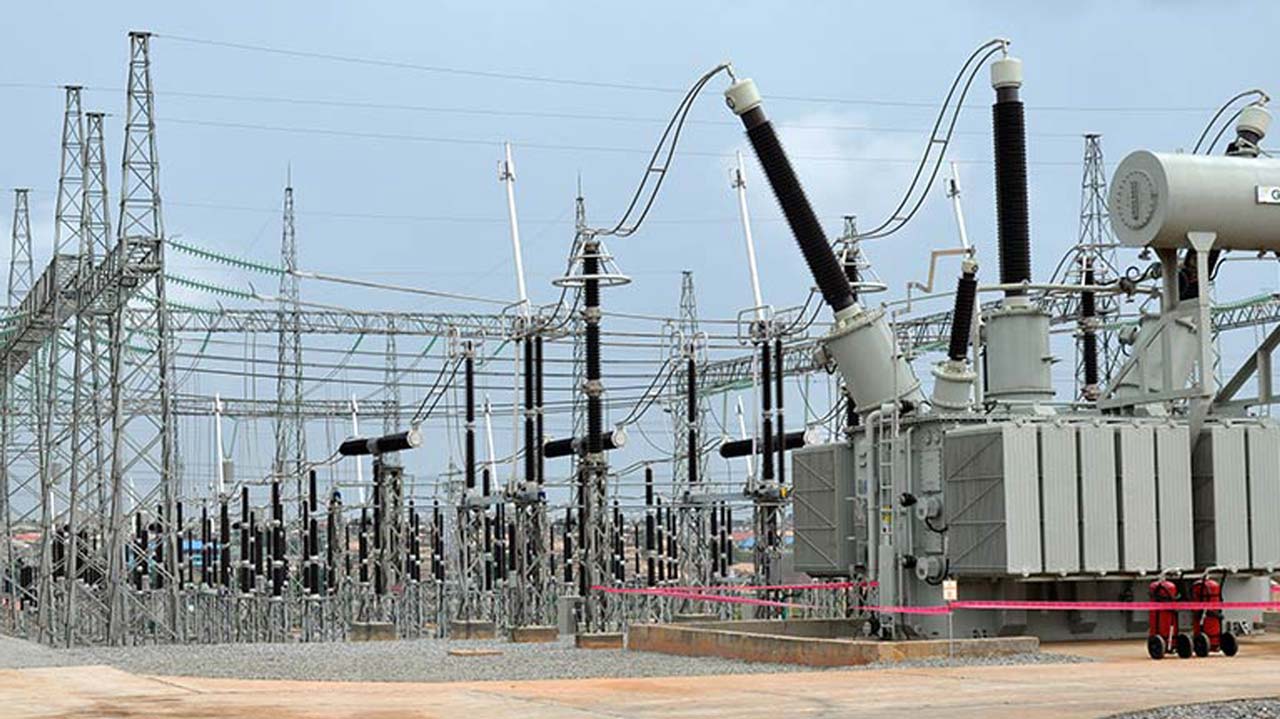



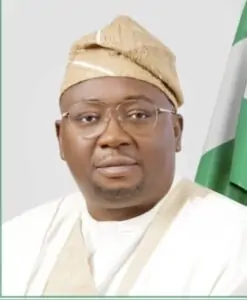










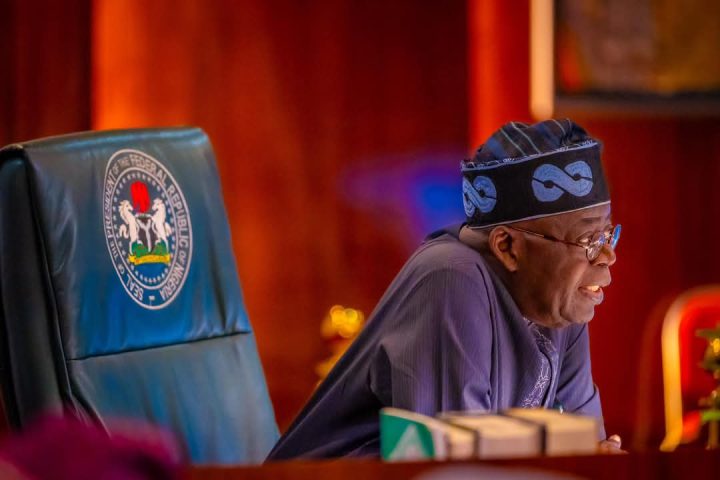
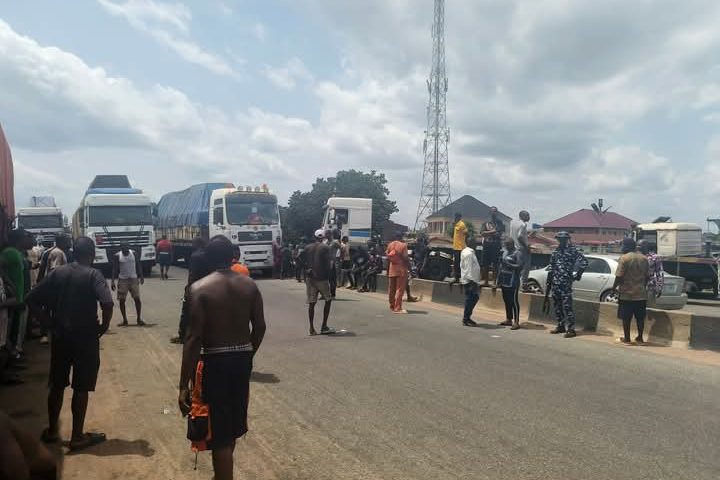
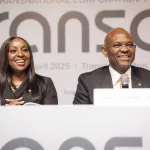
Follow Us